Kyiv
For weeks, Kyiv had felt relatively safe compared with just about everywhere else in Ukraine. People had adjusted to wartime life as the city’s air defenses managed to intercept most of Russia’s missiles and drones. There had been a sense that things were improving. This was shattered on Monday morning when a missile struck a children’s cancer hospital in the capital.
Okhmatdyt is the largest pediatric clinic in Ukraine. Each year, it treats more than 20,000 children with the most serious health conditions. That Russia had targeted it came as a shock but not a surprise: some 1,700 medical facilities in Ukraine have been hit since the start of the full-scale invasion. In April, Ivan Tertel, head of the Belarusian KGB, claimed that “terrorists are hiding in Kyiv hospitals” — language intended to justify the strikes. When air-raid sirens sounded, children in Okhmatdyt were taken to basements not in case they became collateral damage, but because they might be the target.
Outside the collapsed ward, children who had been bedridden were sitting on their mothers’ knees
Okhmatdyt was one of three Ukrainian medical institutions to be hit in the attacks on Monday: two in Kyiv and one in Dnipro. It was struck by a $13 million Kh-101 cruise missile which is designed to better penetrate air defenses. News of the attack spread quickly. I was staying a short distance away and called a taxi. We were soon stuck in traffic because so many people were rushing to the hospital to try to help.
Ukrainians are aware that Russia’s tactic is often to follow up a first strike with another that is aimed at killing first responders — but if people are trapped under debris, there is only a short period of time in which to rescue them. So drivers abandoned their cars in the street and started walking towards Okhmatdyt. I saw families carrying food, bottled water and shovels in their hands. They swarmed into supermarkets and pharmacies, buying anything they thought might be of use to the rescuers and the injured.
I arrived to find hundreds gathered around the rubble. Glass crunched under their feet. “Put food on the left and medicine on the right!” someone shouted. “We need antibiotics, please bring antibiotics!” yelled another. Many lined up to donate blood. The crowd was calm and organized, as if everyone knew exactly what to do.
Kyiv has suffered many Russian attacks, but none quite as horrific as this. Outside the collapsed ward, children who had been bedridden were sitting on their mothers’ knees, being given their cancer treatments via drips. Most of the 600 patients had been sheltering in the basement when the missile hit. But there were several children who were undergoing surgery, or who could not be moved without life-support equipment, who received shrapnel injuries. They in turn were speedily evacuated through the windows, in case of a second strike.
The people who arrived to help formed human chains, passing pieces of glass and masonry to each other and loading them on to trucks. I saw a man with a prosthetic leg, probably a veteran, join blood-covered doctors to help clear the wreckage. I noticed a boy of about eight dragging what looked like the remains of a window frame. His mother told me she had been working when she heard the news and had rushed to the scene with her family. “The boys need to learn about the war in their country,” she said. “It will prepare them for whatever comes next.”
It was a hot day, and volunteers set up stations where there was food and drink on offer. The air stayed thick with dust for a long time, which made it hard to breathe: the face masks, protective glasses and energy drinks ran out quickly. Emergency workers were removing the rubble brick by brick. Every once in a while, they shouted “Silence!,” trying to hear if anyone trapped underneath was calling for help. Finally some rescuers pulled out a woman, covered in blood but still alive.
The victims of the attack aren’t just those who were killed in the blast or crushed under the rubble, but also those who won’t receive the vital medical help they need in the coming months. The toxicology building for children’s dialysis was flattened. Both of the buildings where surgery is performed were extensively damaged. The only oncological hematology lab in the country has been partly destroyed. Within the first few hours of the attack, Ukrainian civilians and businesses had donated more than close to $3 million towards rebuilding the hospital, although this will be nowhere near enough.
Some forty Russian missiles were fired at Ukraine during Monday’s barrage, thirty-three of which were shot down. Five cities were targeted. At least forty-two people have been reported killed, including four children, and 190 injured. Such a brutal strike makes no military sense — it is nothing but an invitation to begin a new round of escalation.
The Kremlin says Russia’s targets were Ukrainian military industry facilities and air bases. Any damage to civilian infrastructure, it says, was due to Ukrainian air defenses — when the Russian missiles were struck in mid-air, the remains fell on unintended targets. This claim is disproved by footage that shows the Kh-101 hurtling into Okhmatdyt intact. Such missiles have been intercepted in the past by Ukraine’s air defenses but, as the saying goes, we have to be lucky every time, while they only need to be lucky once.
When Ukrainians see a hospital bombed, and children’s clothes and toys being pulled out of rubble, they don’t ask for peace. They demand vengeance. Targeting children is a war crime and Russia must be made to answer for it. Ukraine has called for an emergency UN Security Council meeting to discuss the atrocity — but Russia currently chairs the council. If the aggressor leads the meeting that is supposed to decide international law, then international law does not exist in any meaningful sense.
This article was originally published in The Spectator’s UK magazine. Subscribe to the World edition here.



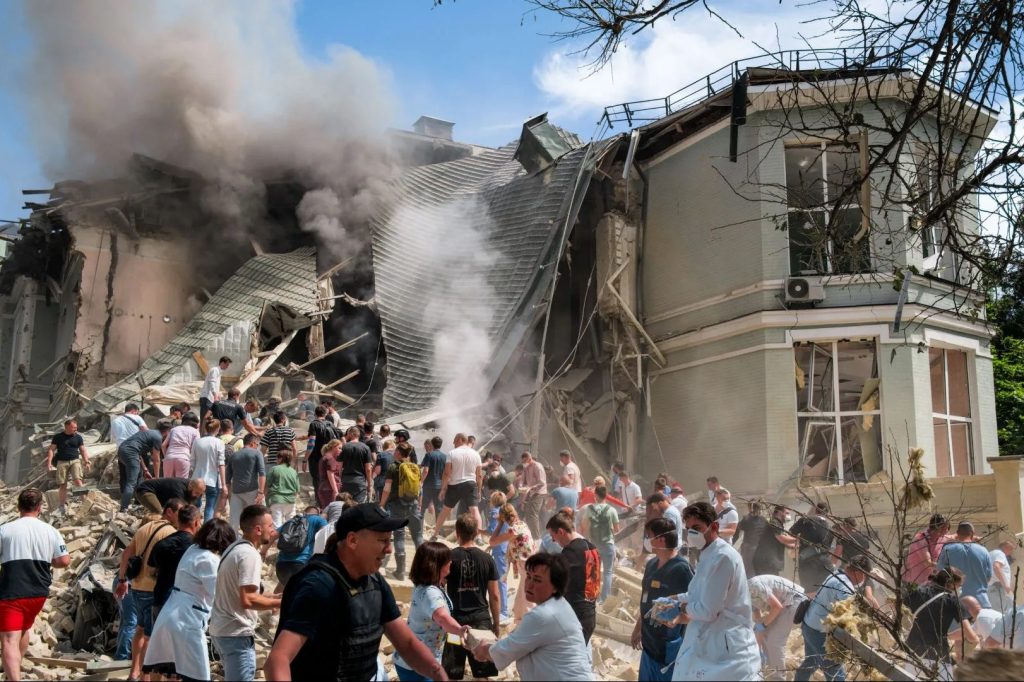








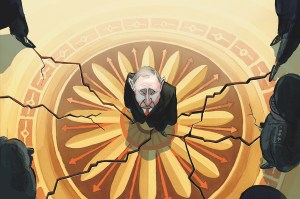
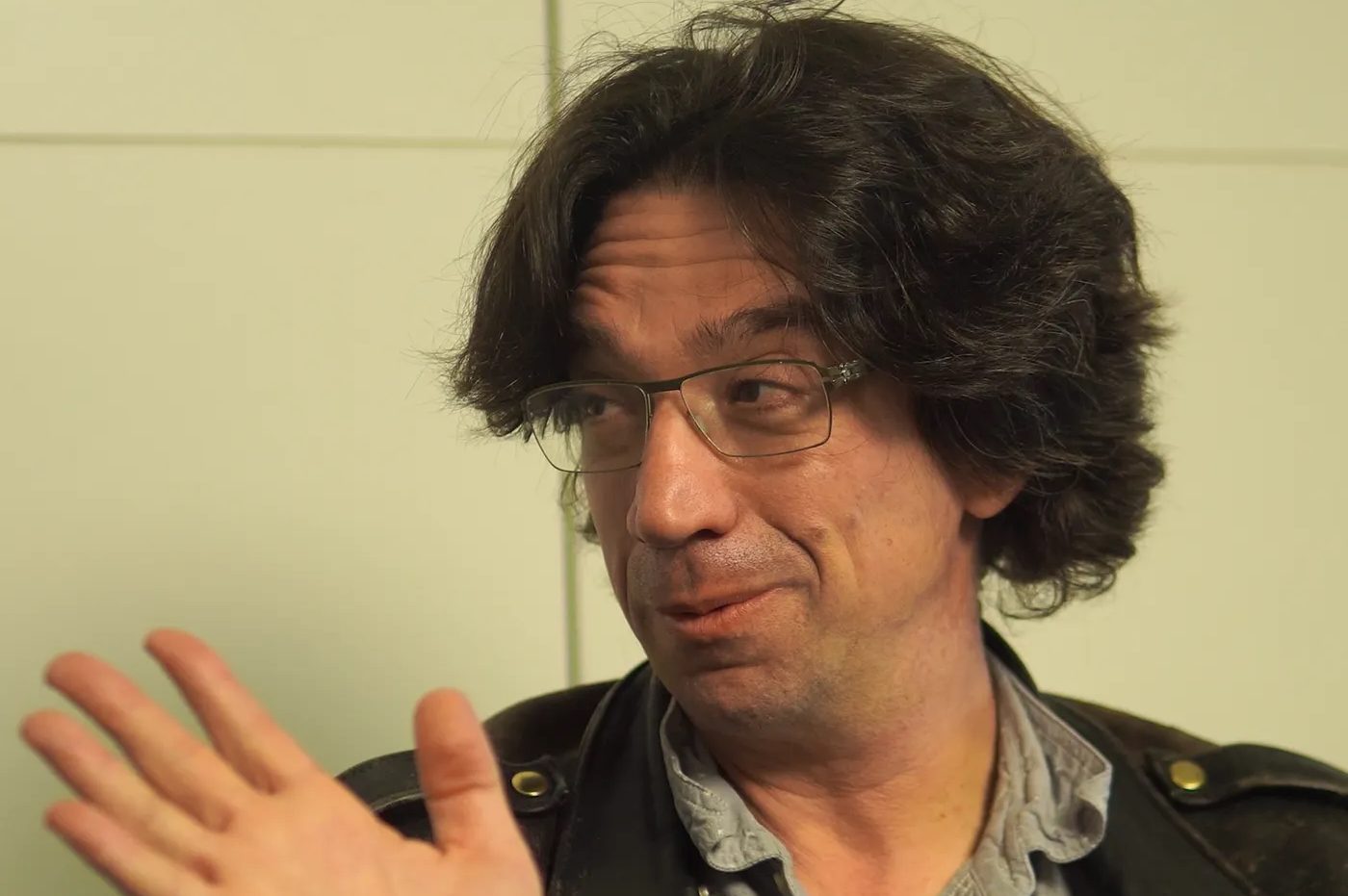

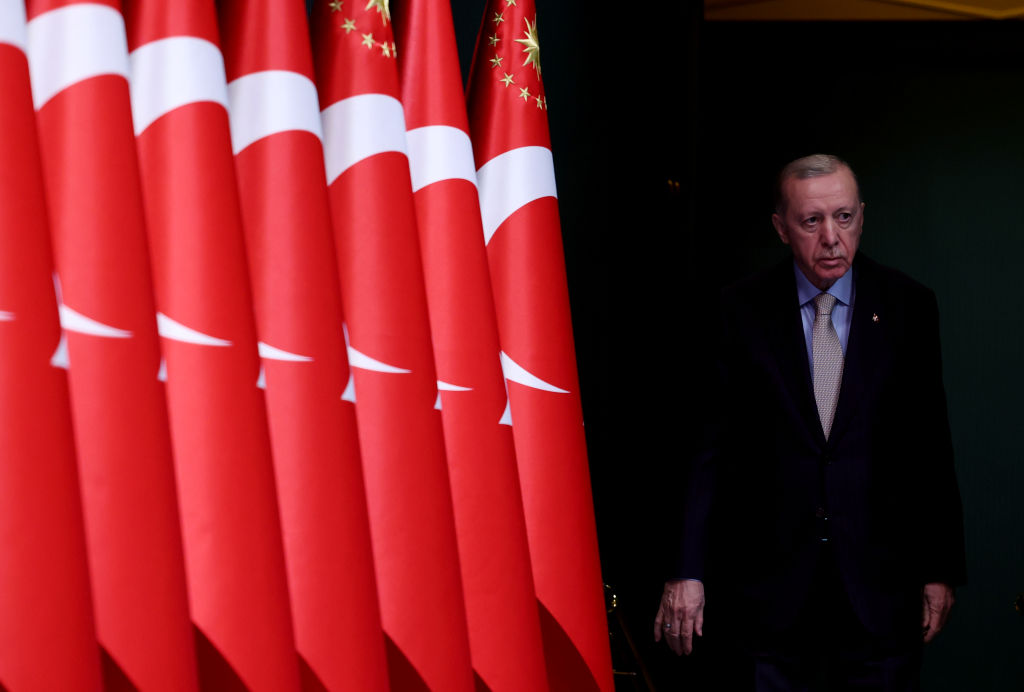


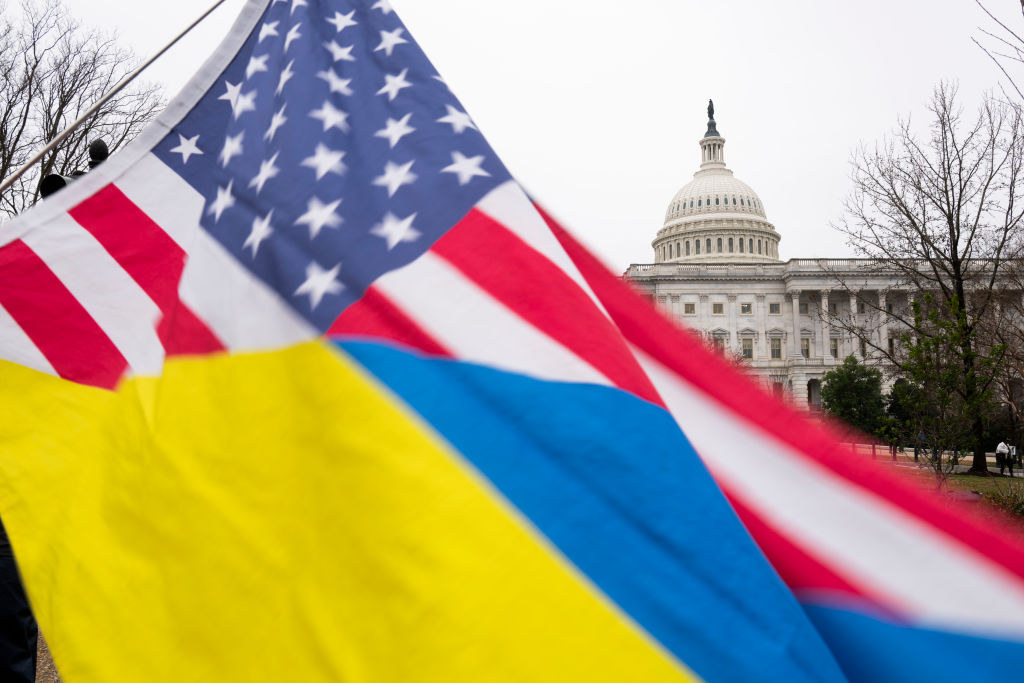







Leave a Reply